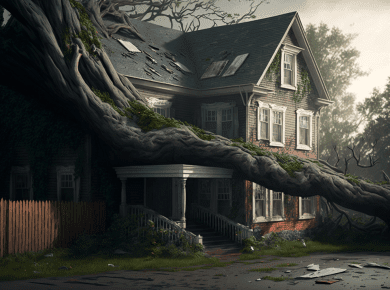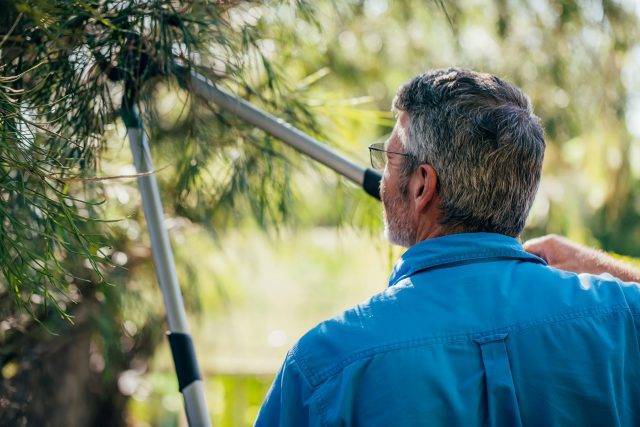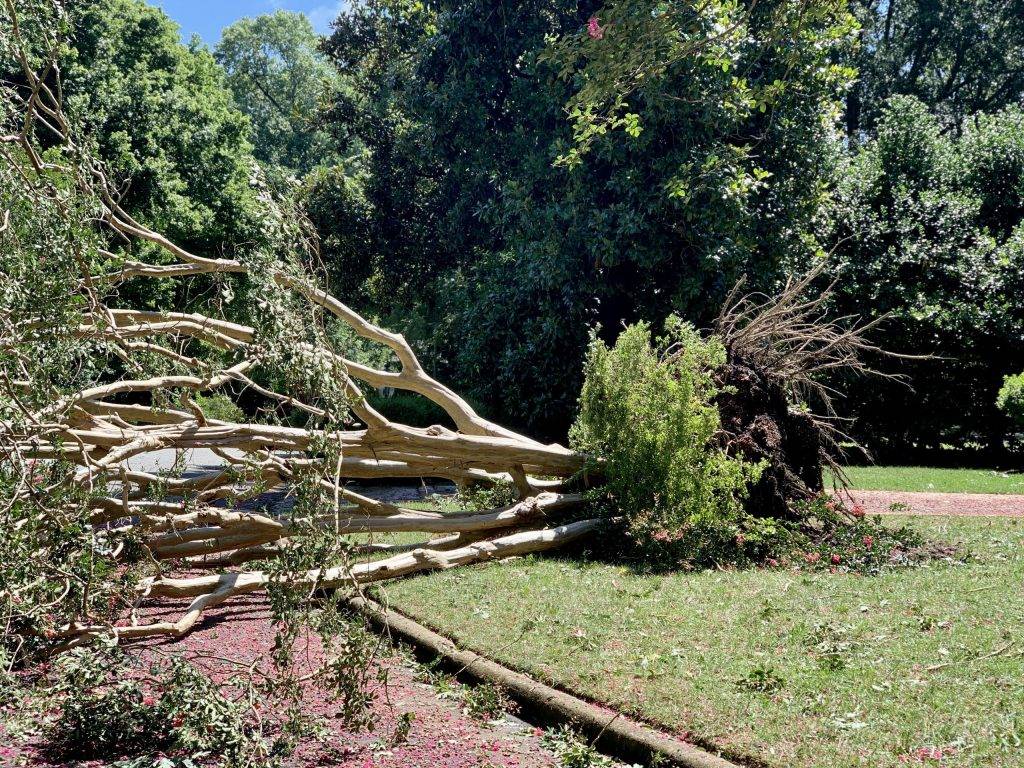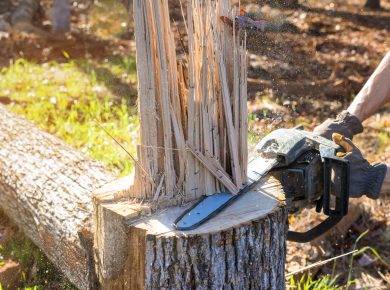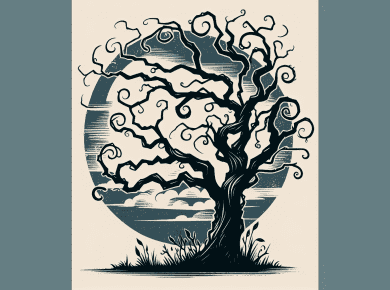Table of Contents
Trees are an important part of our communities and can provide a variety of benefits, including shade, privacy, and aesthetic value.
If someone cuts down trees on your property without your permission, you may be wondering if you can sue them for damages. In this guide, we’ll explore the legal options available to you if you find yourself in this situation.
My Neighbor Cut Down a Tree on My Property
If your neighbor cuts down a tree on your property without your permission, you may have grounds to file a lawsuit. In most cases, trees on private property are considered to be the property of the owner, and it’s generally not legal to cut down someone else’s trees without their consent. Depending on the circumstances, you may be able to seek compensation for the value of the tree, as well as any damages or injuries caused by the tree’s removal.
If you want to take legal action against your neighbor for cutting down a tree on your property, it’s important to gather evidence to support your case. This may include photos or videos of the tree before and after it was removed, as well as any witness statements or other documentation of the incident.
In general, you have the right to seek compensation for any damages caused by the cutting of the trees. This includes damages to the trees themselves, as well as any damage to other structures or property on your land.
However, the specifics of your legal options will depend on the circumstances of the case, as well as the laws in your state. It’s a good idea to consult with an attorney to understand your rights and options.
How to Prove Liability
To succeed in a lawsuit for tree cutting, you will need to prove that the person who cut the trees was liable for the damages. This will typically involve showing that the person acted negligently or intentionally caused the damages.
To prove negligence, you will need to show that the person who cut the trees owed you a duty of care and that they breached this duty by cutting the trees. For example, if the person knew or should have known that the trees were on your property, they may be found negligent for cutting them down.
To prove intentional damages, you will need to show that the person who cut the trees did so with the intention of causing harm to your property. This can be difficult to prove, but if you have evidence that the person deliberately cut the trees, you may be able to succeed in a lawsuit.
Public Property Trees on My Property
If a tree from a public area, such as a park or city street, falls onto your property, the government agency responsible for maintaining that property may be held responsible for the removal costs. However, it’s important to note that each state has different laws regarding liability for fallen trees on public property, so you may want to consult with an attorney to determine your rights.
If you believe that a tree from a public area caused damage to your property, it’s important to document the incident and notify the appropriate government agency as soon as possible.
Can you sue someone for cutting down trees on your property?
In most cases, you can sue someone for cutting down trees on your property without your permission. However, the specifics of your case will determine your chances of success and the potential compensation you may be able to receive.
It’s important to note that trees are considered property under the law, and cutting down a tree without the owner’s permission is considered trespassing and vandalism.
If the trees were cut down intentionally or through negligence, you may be able to seek compensation for the value of the trees, any damage to your property, and any legal fees you incur.
Here are some factors to consider:
First, let’s take a look at some of the potential legal remedies available in this situation:
- Trespassing: If someone has cut down trees on your property without your permission, they may be liable for trespassing. Trespassing is the act of entering someone else’s property without their permission. Depending on the laws in your state, you may be able to seek damages for trespassing.
- Property damage: If the trees that were cut down had value, you may be able to sue for property damage. Property damage is any damage to physical property, including trees. In order to win a property damage lawsuit, you’ll need to prove that the trees had value and that the person responsible for cutting them down knew or should have known that they were on your property.
- Negligence: If the person who cut down the trees was negligent in their actions, you may be able to sue for negligence. Negligence is the failure to exercise reasonable care, resulting in harm to another person or property. In order to win a negligence lawsuit, you’ll need to prove that the person who cut down the trees owed you a duty of care, that they breached that duty, and that their breach caused you damages.
So, what can you do if someone has cut down trees on your property without your permission?
Document the damage: If you suspect that someone has cut down trees on your property without your permission, it’s important to document the damage as soon as possible. This will be useful if you need to make an insurance claim or take legal action. Take photos and videos of the damage, and make a list of the trees that were cut down, including their value.
Suing your neighbor for cutting down your tree
If you’re considering suing your neighbor for tree cutting, it’s important to gather as much evidence as possible. This may include photos of the damaged property, witness statements, and any relevant documentation. This evidence will be crucial in supporting your case and helping to establish liability.
If you’re successful in your lawsuit, you may be entitled to compensation for damages, as well as any legal fees. We can connect you with an experienced attorney in your area who can help you navigate the legal process and fight for the compensation you deserve.

